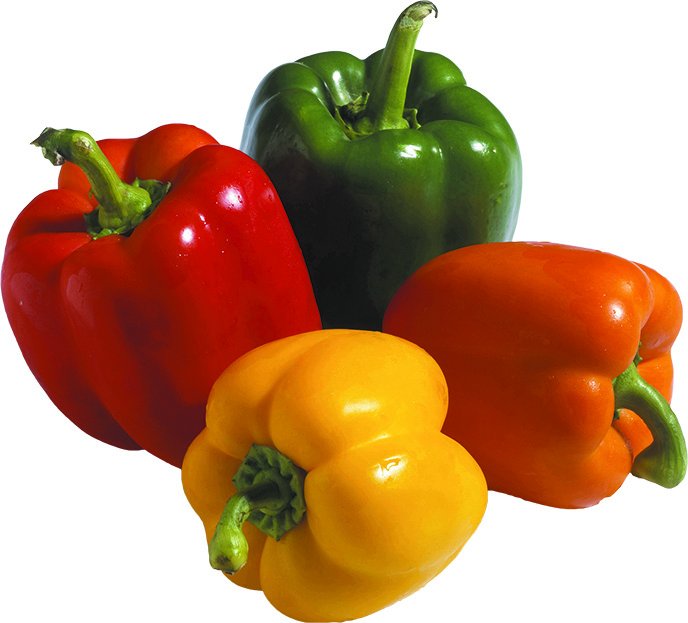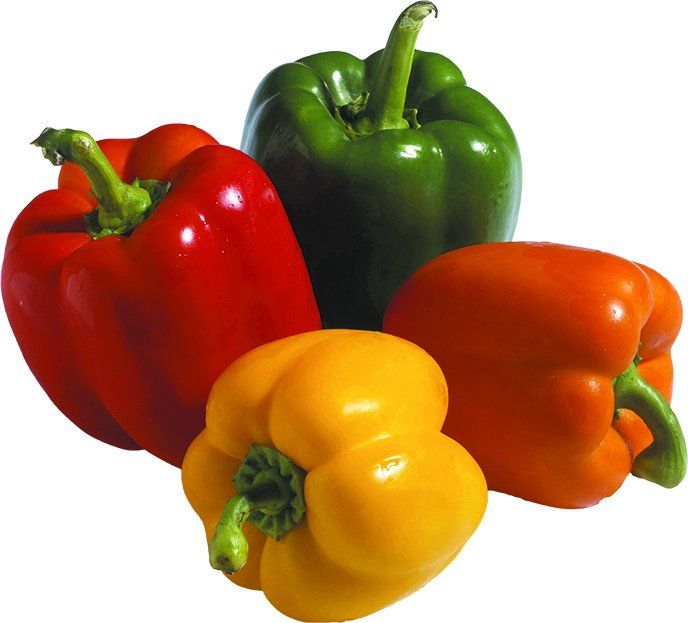Substituting colorful fruits and vegetables such as berries, peaches and peppers into your diet could help combat the gradual weight gain with age sometimes referred to as “middle-age spread.” A large new study, published in BMJ, links greater consumption of foods high in plant pigments called flavonoids to less weight gain over time.
But possible benefits in weight control should be considered just a bonus from consuming these healthy foods. “While some other studies do indicate a direct but very modest effect of selected flavonoids on energy metabolism,” says Jeffrey Blumberg, PhD, senior scientist in Tufts’ HNRCA Antioxidants Research Laboratory, “the major emphasis should be placed on their overall benefit in reducing the risk of common chronic diseases in partnership with the essential nutrients found in these same plant foods.”
THINKSTOCK

PIGMENTS AND POUNDS: Flavonoids such as anthocyanins and flavonols help give fruits and vegetables their distinctive colors, such as the red of ripe peppers or the purple of grapes. Researchers calculated intakes of seven flavonoid subclasses from responses to food questionnaires every four years among more than 124,000 participants, initially ages 27-65, in three long-running health studies. Those intakes were then compared to weight changes over the 24-year study period.
Overall, participants followed an all-too familiar pattern of slowly packing on the pounds as time went by, gaining an average two to four pounds every four years. But those who chose more high-flavonoid fruits and vegetables, including apples, berries, oranges, peppers and onions, as well as tea, tended to gain less weight than their peers.
The difference was modest: less than a quarter-pound per additional daily increment of flavonoids. But researchers pointed out that some flavonoid-packed produce could add up to significantly less weight gain over time. Substituting a half-cup of blueberries daily into the diet, for example, would be associated with a reduced four-year weight gain of almost three pounds.
PRODUCE AND WEIGHT: Lead author Aedin Cassidy, PhD, of the Norwich Medical School in England, and colleagues cautioned that their study wasn’t designed to prove cause and effect. It’s also possible that the results simply reflect the obesity-fighting benefits of consuming more fruits and vegetables in place of high-calorie and refined-grain foods.
Fruits and vegetables are smart choices for maintaining a healthy weight because they are nutrient-dense, delivering plenty of vitamins, minerals and phytonutrients with relatively few calories. They are also high in fiber, which can make you feel fuller.
TO LEARN MORE: BMJ–





















